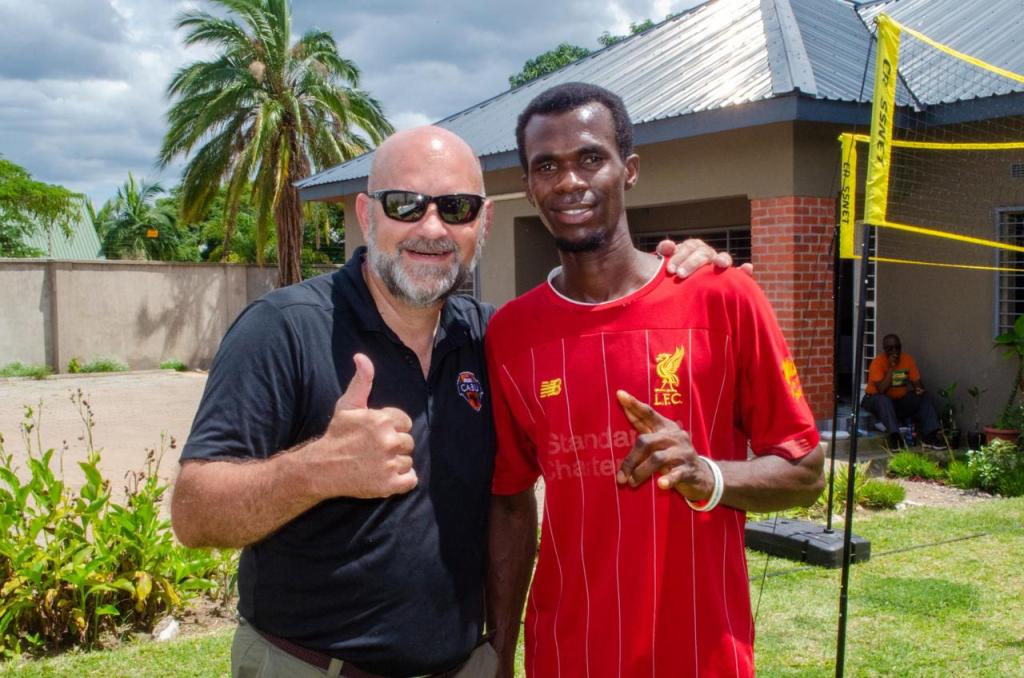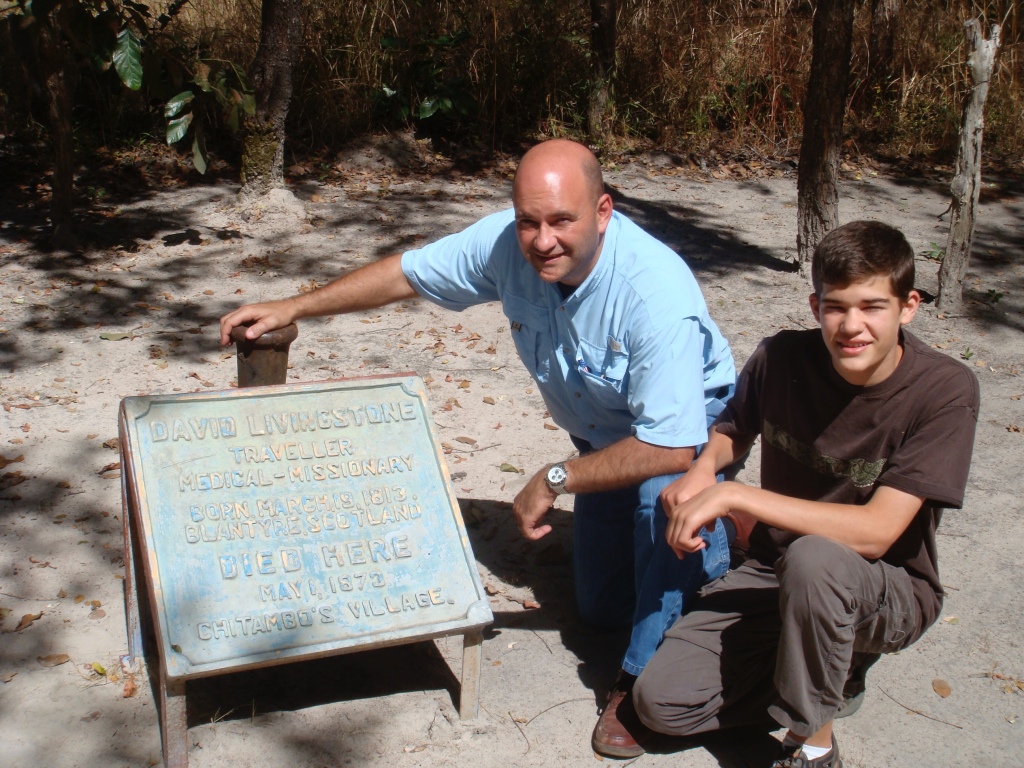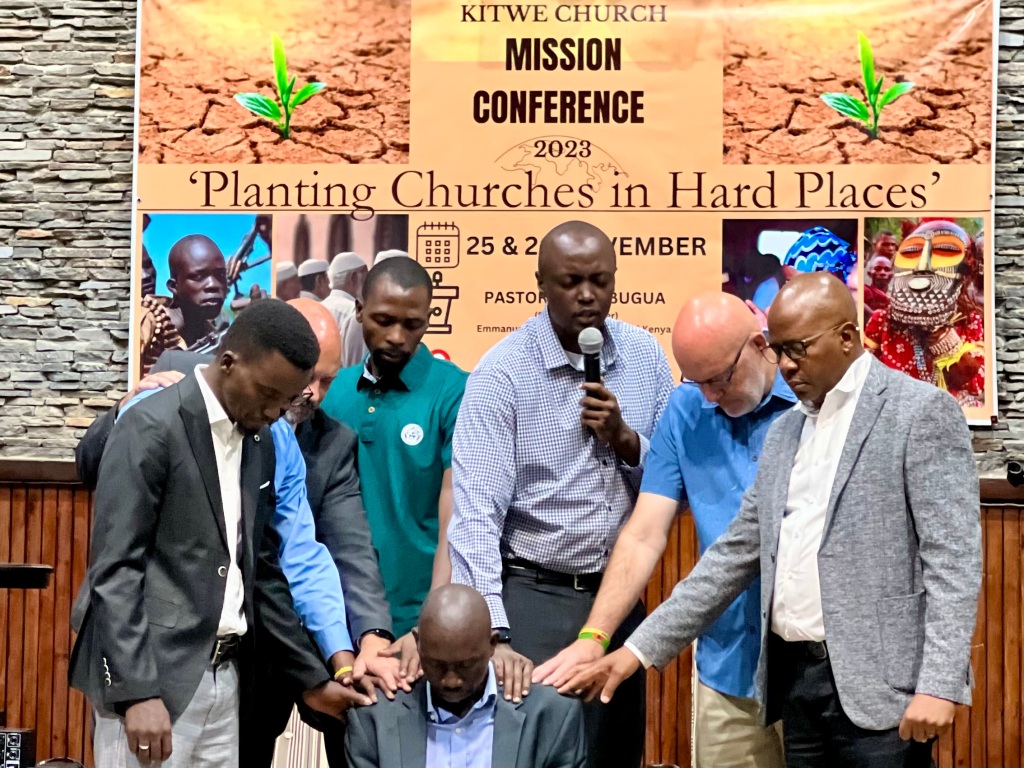Gospel preaching, mission-driven churches are coming of age in Africa. What a glorious grace to see God at work, a biblical gospel fearlessly being proclaimed, and the faith once-for-all delivered to the saints being defended by apologists in Africa. God is at work in Zambia, and across this region, and there is a growing number of healthy, biblical churches who boldly proclaim the gospel, believe in church membership, practice biblical church discipline, and are seeking to send the gospel to the next towns and to the nations.
According to Statista.com, Christianity is the major religion in numerous African countries. According to Statista, in 2023, around 96 percent of the population of Zambia was Christian, representing the highest percentage on the continent. Seychelles and Rwanda followed with roughly 95 percent and 94 percent of the population being Christian, respectively. While these countries represent the highest percentages, Christianity is also prevalent in many other African nations. For instance, in South Africa, Christianity was the religion of nearly 80 percent of the people, while the share corresponded to 71 percent in Ghana. https://www.statista.com/statistics/1239389/share-of-christian-population-in-africa-by-country/
While I would rejoice if the above paragraph were true, sadly, it is not. For all the encouragement in the first paragraph, comparatively speaking, the number of healthy, biblical churches in this region is relatively small. Zambia is filled with graceless, works-based gospel messages and easy-believism evangelistic methodologies that offer a Jesus who will solve problems, grant health, and give you your best life now.
Here are three reasons why our land is filled with nominal Christians:
Evangelistic Crusades
What responsible parent would birth a child and leave it where it was born to fend for itself? Such actions would be criminal negligence at best and premeditated murder at worst. Yet, how often do we engage in such activity in the realm of birthing new converts into the body of Christ? Too frequently, a few new professing Christians are left to fend for themselves after a short evangelistic campaign. New converts are left before a fellowship of believers comes into existence. This leaves behind those who will be in the kingdom of God but who are impotent to live victoriously and vibrantly for the Lord. There is a shortcut taken whereby new converts will likely never become effective believers growing to maturity and faithfully passing on their faith. Immature Christians form unhealthy churches, and those churches never reproduce themselves.
The sad reality is that un-discipled people do not pass on their faith to the next generation, and the generation after them turns their back on the “faith of their fathers.”

Evangelistic methodologies should not scatter contacts who cannot be molded into bodies of believers; they must focus on evangelism in one area for the purpose of creating a community of believers who reflect the character and nature of God. Converts must not only be treated as individuals but must be incorporated into the body of Christ. (The Essential Tasks of Missiology. http://missiology.com/blog/The-Essential-Tasks-of-Missiology) . We need Pauline men in Africa who love the gospel and the Scriptures and are equipped and willing to give their lives to bring many sons to glory.
Easy-believism Gospel Methodologies
Far too often, the message preached in many of the evangelistic crusades and outreaches is the message of “easy-believism.” The history of modern evangelical gospel work in Africa includes an easy-believism gospel that pushes for decisions for Christ but often without conviction of sin. The gospel message inviting people to “accept Jesus as your personal Savior” from demonic influences, financial difficulties, or as a means of enjoying restored physical health has permeated evangelical thinking.

This false gospel has leaped across denominational boundaries and is often an influence in the lives of people who would not primarily identify themselves as Charismatics. It is not uncommon for people to raise their hand to “pray to receive Jesus” every week during the “altar call.” I have spoken with countless people over the past 30 years here in Zambia who quickly confess that they are Christian, yet when you ask, they have no understanding of repentance or reconciliation to God and have never evidenced a changed life. Most are convinced they are a Christian because someone “prayed for them.” You would be shocked at the number of “evangelical” pastors we speak to who cannot give a clear explanation of the gospel! I have no statistics for Zambia, but it would not surprise me if only 10% of those who profess to be Christians here actually are.
Secular Christianity
“Christian” Zambia is increasingly secular. African Traditional Religious (ATR) beliefs and biblical Christianity have been exchanged for secularism. Biblical Christianity has been replaced by the god of material comfort and education that leads to successful careers. Professing Christians live as though God does not exist, all the while acknowledging God on a philosophical level. Alarmingly, genuine, life-transforming, gospel-centered, passionate, growing Christians in African churches are the exception, not the rule.

Not only do we see a growing secularism within professing Christians, but we also see a secular church. While Pentecostal-Charismatic churches lead the way, secularism is not limited to these churches. The secular church leverages human advantage, personal gain, and manipulation tactics grounded in African Traditional Religious beliefs rather than an adherence to the authority and sufficiency of the Scriptures. Leaders of these churches are motivated by power and prestige and manipulate their congregants with promises of immediate, physical benefits rather than eternal ones. These preachers proclaim “another gospel” and are not “ministers of reconciliation.”
What Must We Do?
We need a gospel awakening in Africa. Those of us who labor across Africa must not sacrifice biblical principles for short-term results. Over the past 50 years, this approach has resulted in African churches filled with nominal Christians who believe in a different gospel. We must do the long work of biblical preaching that convicts men of sin and calls men to repentance and faith. We must labor in prayer until Christ is formed in the hearts of men and women who are dead in their trespasses and sin. We must long, pray, and work for the conversion of men and then diligently disciple each one who believes in Jesus into maturity.
This commitment to biblical truth, church membership, and the discipline of living out our faith in community is what will ultimately transform the continent, one heart and one church at a time. Let us then press forward, fueled by the grace of God, to see a future where healthy African churches that are beacons of Gospel truth are planted in every village, town and city across the continent.





Leave a comment